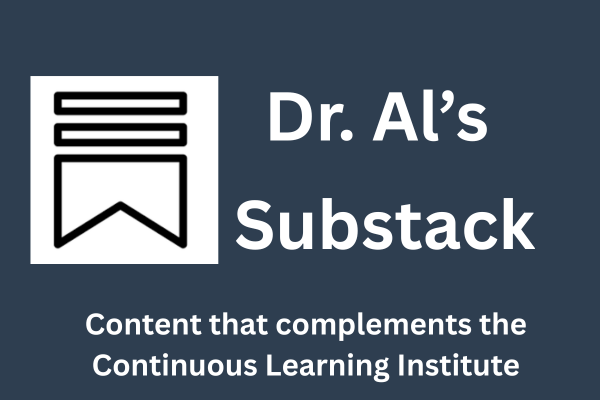Student Success & Equity with Margaret Prothero

LISTEN TO THE EPISODE:
Learn about inquiry and action teams and how they help college educators continually improve their craft.
In this episode, I interview Margaret Prothero, English Faculty and Guided Pathways Coordinator at Santa Barbara City College.
(Scroll down to access the transcript.)
Focus of the episode: Inquiry & Action Teams (fully explained in this video, which shows the contrast between this type of team and a case management team).
This podcast is part of an inquiry & actions teams series. Check out Irvine Valley College's podcast episode with Rebecca Kaminsky and Miramar College's podcast episode with Dr. Lisa Brewster.
We cover the following key topics:
9:21:25: The first inquiry & action team launched and why: Arts Career & Academic Pathway.
Sample initial work products:
Trello Board to engage counselors and students about the value of the Arts. 
Cross-disciplinary and themed student work showcase: Popup Art Exhibition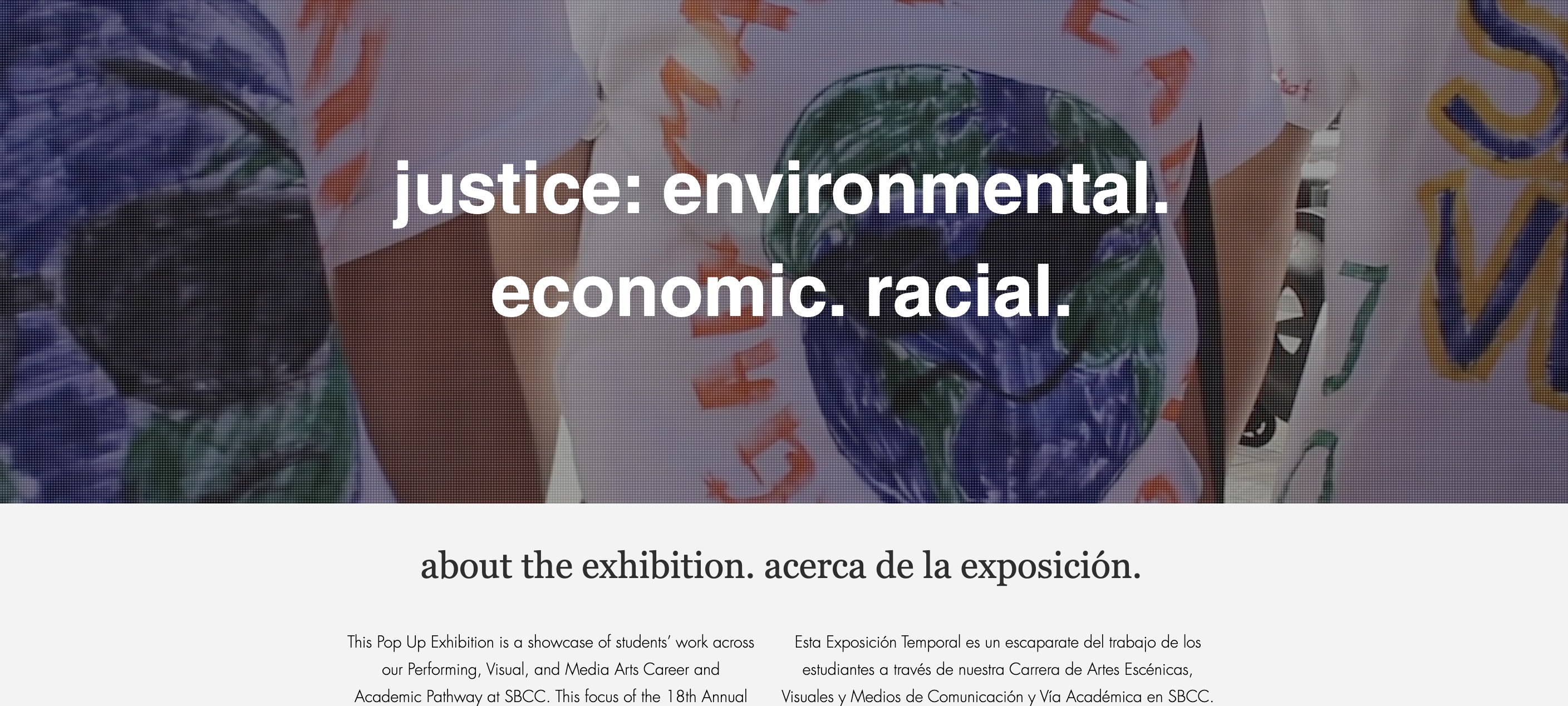
Student work highlighted by the newspaper: 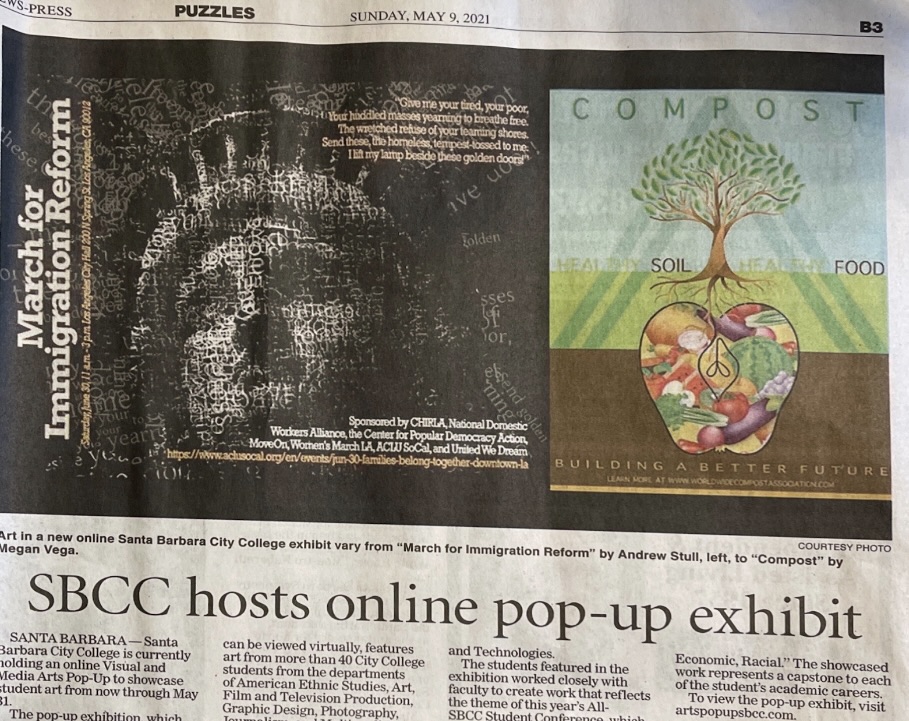

20:30:50: Inquiry & action team nuts and bolts information.
22:01:50: The second inquiry & action team launch: Healthcare, Wellness, & Public Service.
Sample initial work products:
Latinas in Law Enforcement Series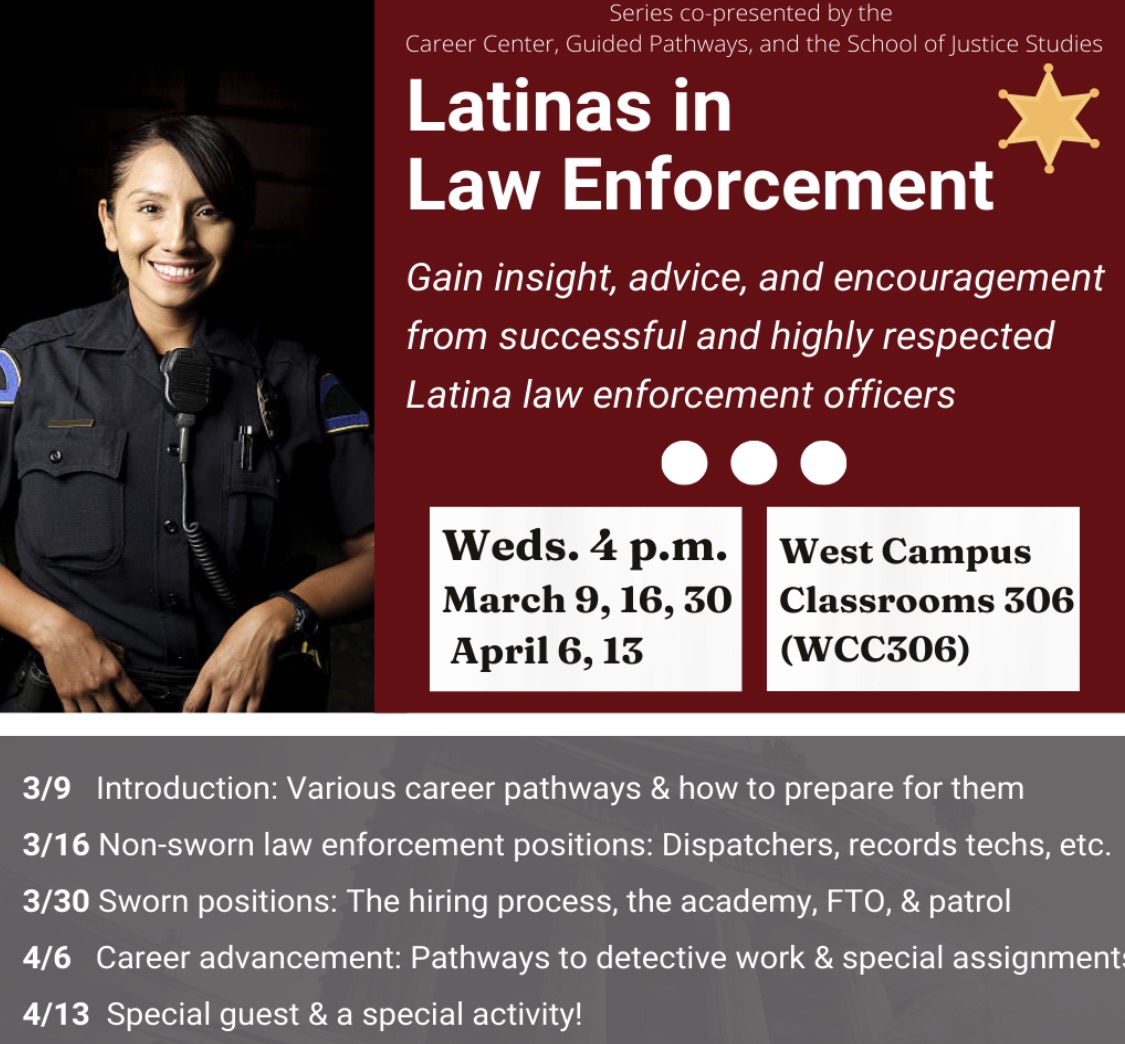
Best Series: Beyond Expectations and Stereotypes
Healthcare, Wellness, & Public Service canvas with program and career introductory videos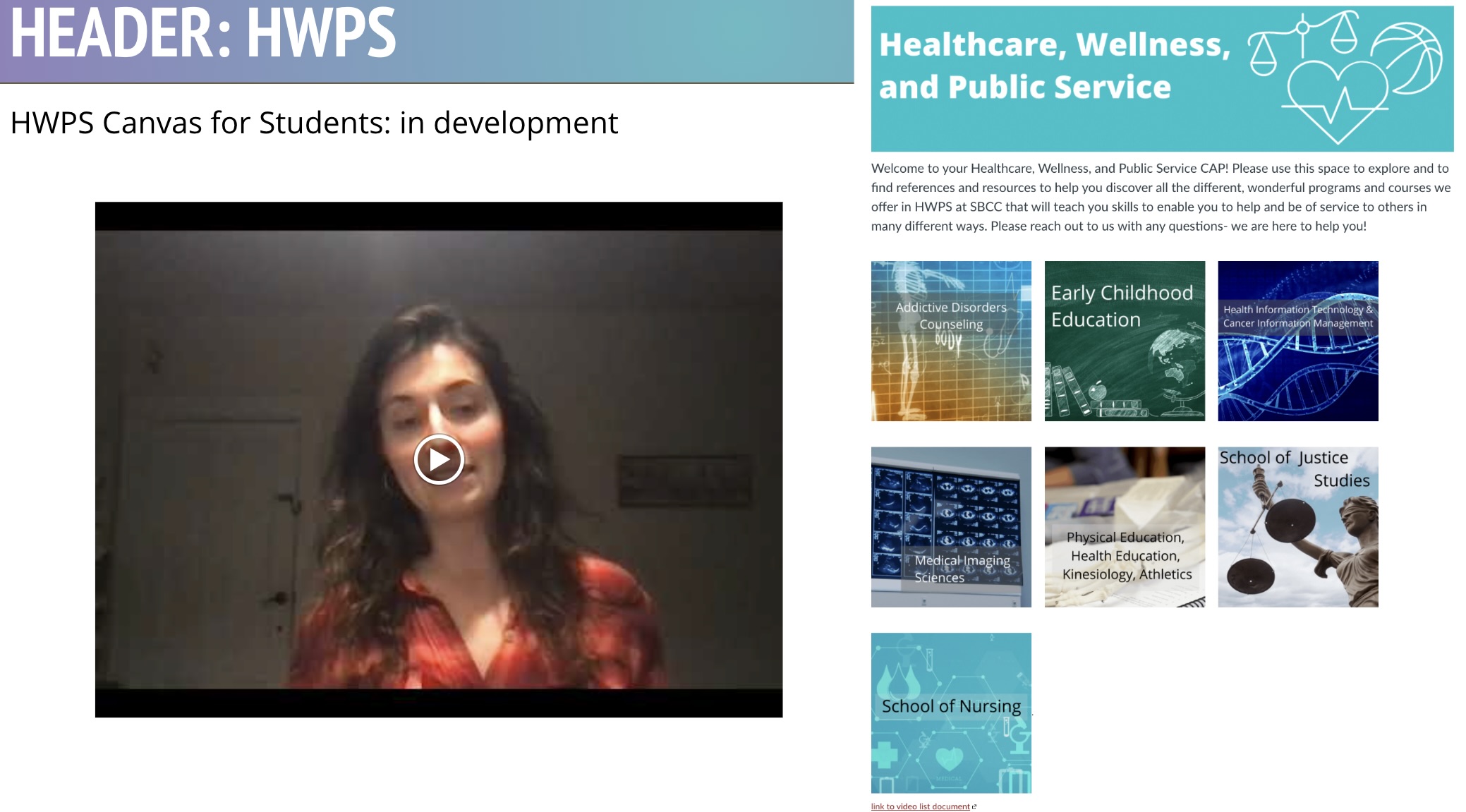
30:35:00: The first discipline-alike inquiry and action team: residing at the intersection of data analysis and instructional analysis with equity intentionality.
Video of the team's journey via a conference presentation.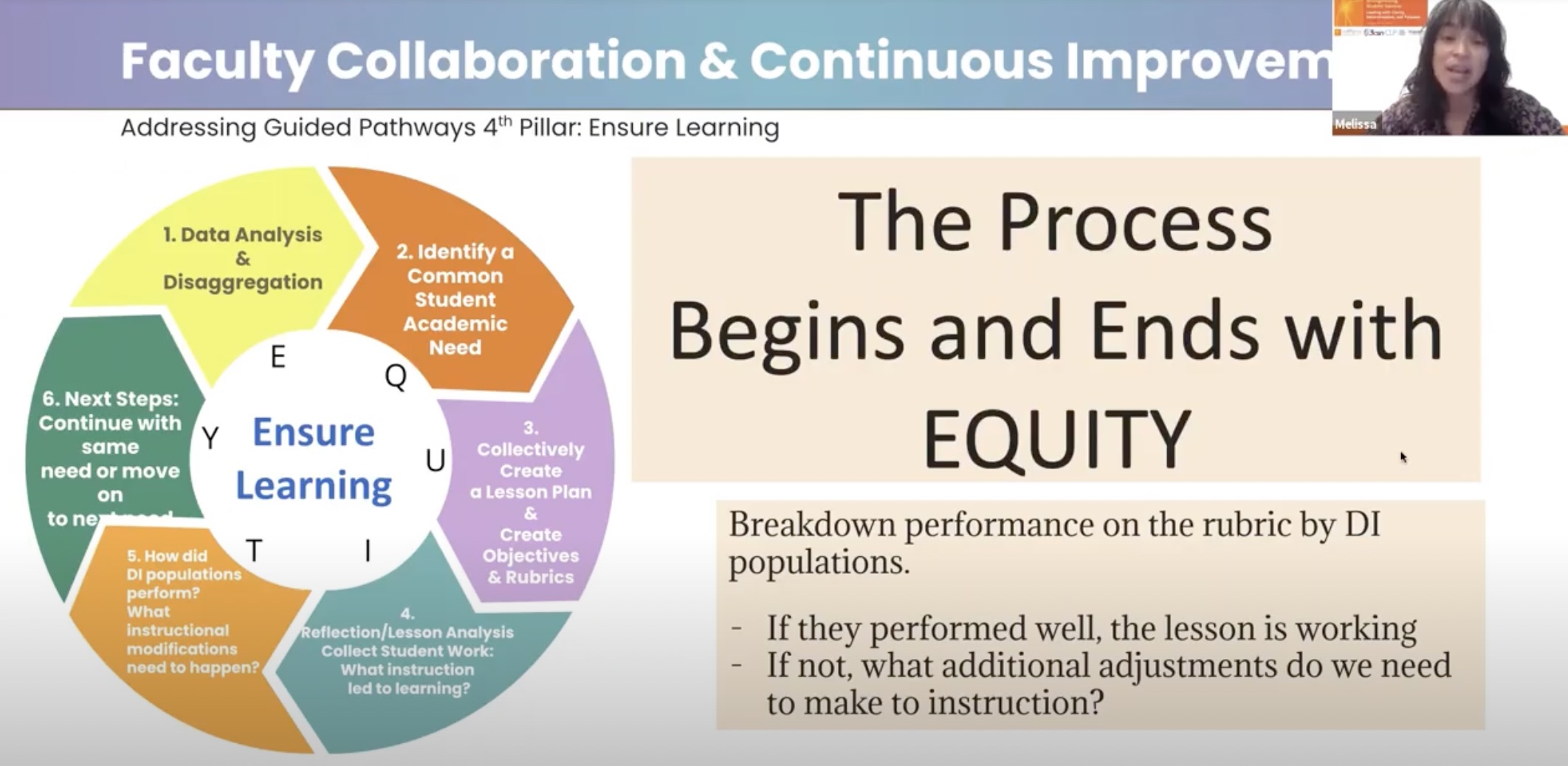
44:39:25: The outcome of working on the "in-between": Attitudes and behaviors change over time, leading to educators improving their craft.
Resource: Learn about the "in-between."
54:36:00: Advice for faculty who may want to lead the guided pathways work.
Select Margaret Prothero episode quotes:
"Why I came to the guided pathways work: I talk about how I really love my favorite day is commencement. When after the ceremony, all the faculty line up and the students marched through this corridor of faculty high-fiving and pulling students into a hug. You're just so happy seeing them, so happy and having got their degree and certificate and how I would go every year and scan all those students walking through, scan every face, trying to find my students and how I wouldn't see my [developmental English] student faces. And that really hit me. It's very powerful because we really love to see all those students be successful on that big stage. We just aren't seeing all the students who don't make it to that stage. I'm very cognizant of that. They just couldn't get to that finish line. When Guided Pathways was happening, I thought, well, if I can bring that perspective of all these years and English skills and understanding what the students are going through and bring that into this, that's how I came to to do the work."
"You have to have a process that goes beyond what you currently do. So workshops are great, roundtables are great. But you need something like your process, Al, that's very deliberate if you're going to make this kind of level of changes. And I will also say that you need people who are willing to try things and not be afraid of knowing if it's going to work. We're going to try something because that something may be better than what we're doing now. You have to be open to new research, new methodology, new pedagogy, and be open to listening and learning from your colleagues and to really examine our current practices in a very critical way."
"People leave our inquiry and action team sessions feeling so pumped up, energized excited, and happy in the midst of this work. Even though we don't have the answers yet, even though we don't have the [entire outcomes] data it, we just feel differently when we leave that setting together then when we started. I can't say that about any other committee or any other place as as a group of faculty."
"Doing this work together is just such a powerful feeling, knowing that you're doing this intentionally and not just sitting around talking, not that that's what happens everywhere else, but it's often what happens is you fall into a pattern of talking, talking, talking and not doing. And it's in the doing and trying and building and creating that we feel better because we are we're actually implementing something, doing something, trying something, and that feels good."
"I will also say that one of the ways I kind of describe a lot of this work is a bit like a train where I'll say, the work takes off and we have a very specific set of weeks and goals. So the summer group, for instance, will start with a team of people, and then when that session is over, that train pulls to the station. New people can come on, some people can come off and we keep going, and then there's the next set. So these groups are not just the same people all semester by semester. And we bring in students."
About Margaret Prothero
Margaret Prothero is English faculty and Guided Pathways Faculty Coordinator at Santa Barbara City College. She’s been a faculty member since 1997, previously teaching in K12. She earned her MA from UC Santa Barbara in Ed Psych with a Reading Specialist emphasis, and a BA from Wellesley College. Since January of 2018, she has served as the Faculty Coordinator for Guided Pathways, where she is engaged with leading institutional reform to remove barriers and redesign the student experience with equity intentionality from point of entry to completion.
About Dr. Al Solano
Al is Founder & Coach at the Continuous Learning Institute. A big believer in kindness, he helps institutions of higher education to plan and implement homegrown practices to improve student success and equity by coaching them through a process based on what he calls the "Three Cs": Clarity, Coherence, Consensus. In addition, his bite-sized, practitioner-based articles on student success strategies, institutional planning & implementation, and educational leadership are implemented at institutions across the country. He has worked directly with over 50 colleges and universities and has trained well over 5,000 educators. He has coached colleges for over a decade, worked at two community colleges, and began his education career in K12. He earned a doctorate in education from UCLA, and is a proud community college student who transferred to Cornell University.





